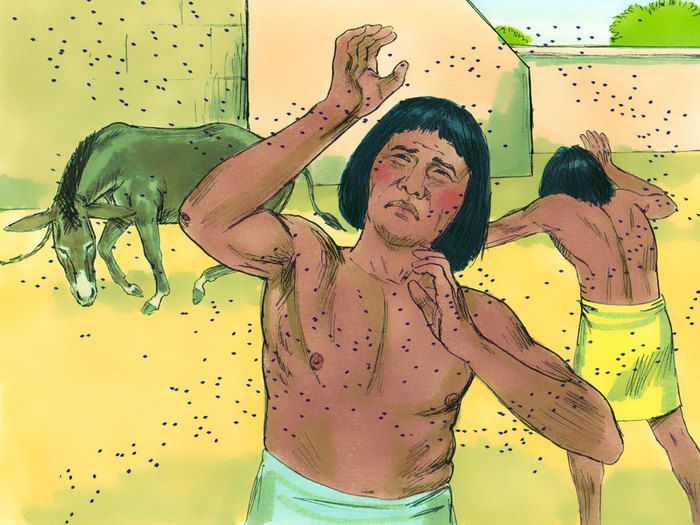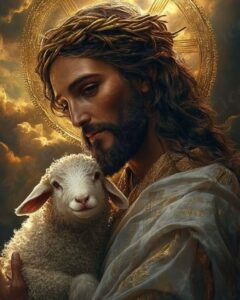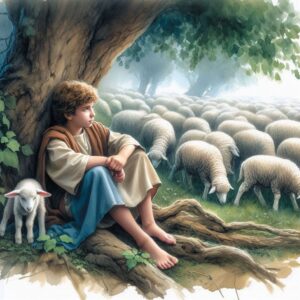Introduction
The Ten Plagues of Egypt, as recorded in the Bible, are a number of the maximum dramatic demonstrations of God’s strength. The third plague, wherein lice (or gnats) stricken Egypt, is a vibrant and compelling tale. This blog put up explores the biblical account, the significance of the plague, and the instructions it offers.
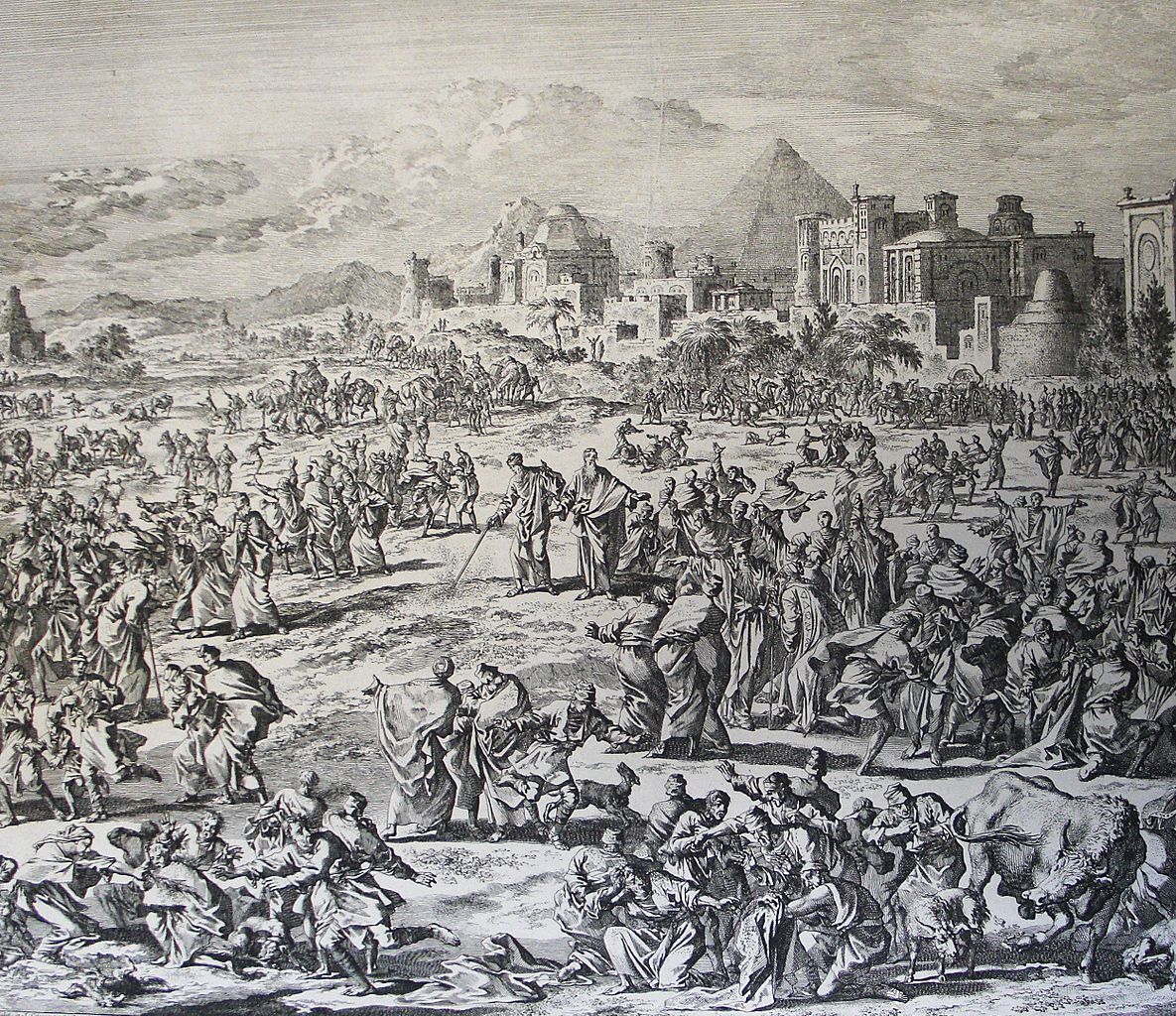
Lice (Gnats) Afflict Egypt
In Exodus 8:sixteen-19, God instructs Moses to inform Aaron to strike the dust of the floor, and while he does, lice (or gnats) stumble upon human beings and animals at some stage in Egypt. Unlike the previous plagues, this one turned into no longer announced to Pharaoh ahead, highlighting its surprising and surprising nature.
Symbolic Meaning
The plague of lice attacked the very ground of Egypt, turning dirt right into a supply of torment. This plague challenged the Egyptian monks, who prided themselves on ritual cleanliness, as they couldn’t carry out their religious obligations while included in lice. It established God’s superiority over Egyptian deities and the powerlessness in their monks.
Pharaoh’s Response
Pharaoh’s magicians tried to replicate this plague however failed. They recounted, “This is the finger of God” (Exodus 8:19). Despite this admission, Pharaoh’s heart remained hardened, and he refused to permit the Israelites go.
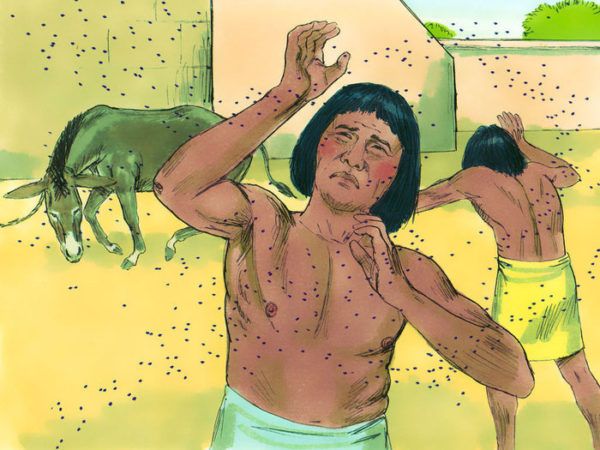
Modern Interpretations and Lessons
Environmental Insights
Some current interpretations advise natural causes, inclusive of adjustments inside the surroundings leading to infestations. However, these causes do not undermine the biblical account’s theological importance. The surprising nature of the event highlights God’s direct intervention in turning in His human beings.
Spiritual lessons
The mosquito plague teaches important spiritual lessons. It highlights the power of God and the futility of resisting His will. It is also a warning against pride and cruelty, and Pharaoh’s refusal to obey God is an example. Finally, the importance of recognizing divine authority and the consequences of ignoring it are emphasized.
Conclusion
The plague of locusts, as described in Exodus, is a powerful reminder of God’s sovereignty and His powerful yet humble nature. It marks an important point in the story of Israel’s deliverance from slavery and shows the futility of resisting God’s will. As we meditate on this Bible account, we are encouraged to acknowledge God’s authority and to obey His direction.

